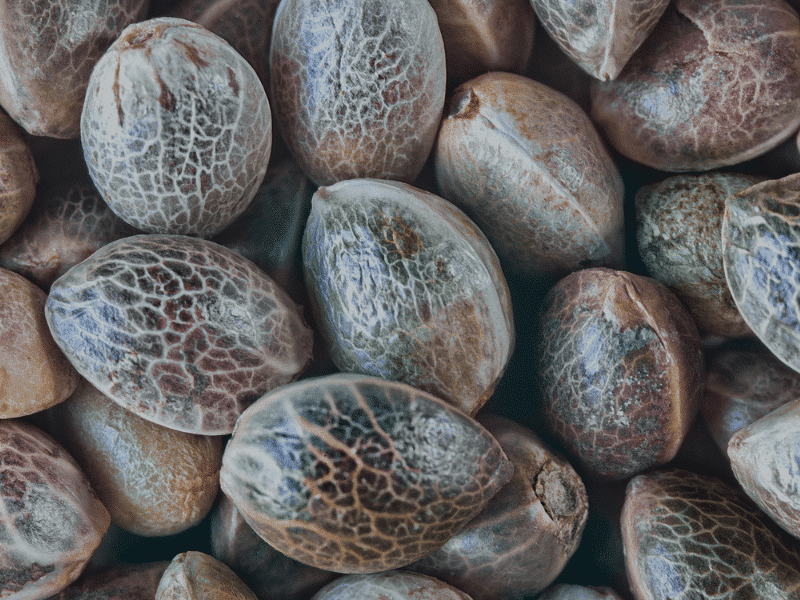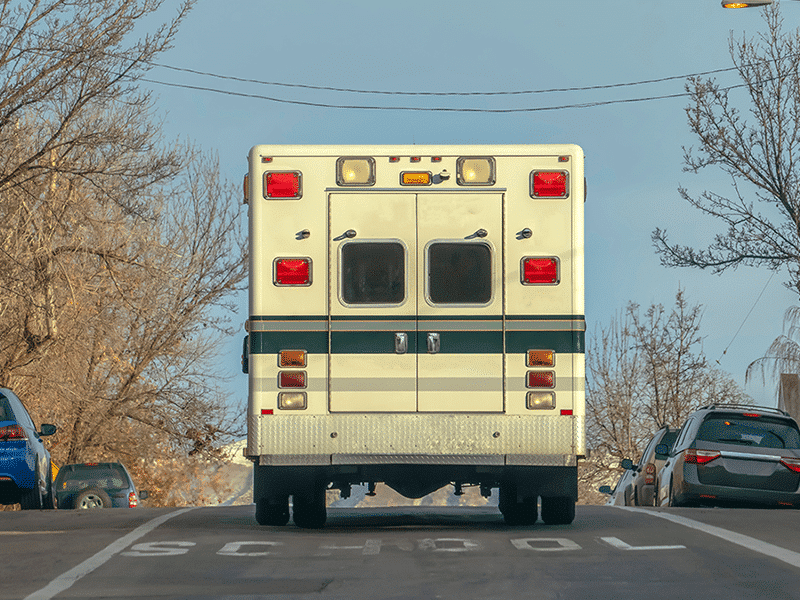In a promising development for hemp growers, the recent change of administration in Washington was immediately preceded by the US Department of Agriculture’s issuance of final regulations for the crop’s cultivation.
Hemp and hemp-derived CBD were officially legalized under the 2018 Farm Bill, but the Agriculture Department failed to bring its regulations into conformity with the new federal law for months. Interim regs were issued by the USDA in October 2019, opening a public comment period. This was officially to last 60 days.
But it was only this Jan. 15, 2021, that the USDA’s Agricultural Marketing Service (AMS) announced the release of the “final rule for the domestic production of hemp.” The rule’s publication in the Federal Register four days later made its instatement official.
This is especially good news for Native American farmers on the country’s Indian reservations, who were barred from growing hemp under state regulation due to their unique sovereign status and had to wait on issuance of federal regs.
Welcome news for all hemp growers is that the “negligence threshold” for THC content in tested samples has been raised from 0.5 to 1.0 percent. While the legal limit for THC in hemp remains 0.3%, farmers now have greater allowance for error without incurring punishment if the hemp crop is “hot.”
The press release on the final rule stated: “AMS believes that raising the negligence threshold… will increase flexibility to farmers as they learn more about how to grow compliant hemp and as the availability of stable hemp genetics improves.”
Additionally, the window between testing and harvesting has been extended from 15 to 30 days.
This was a victory for farmers and advocates who participated in the public comment process. The press release explicitly acknowledged this input: “Several comments suggested that a 0.5 percent negligence threshold threatens the survival of farmers in an emerging industry. Comments suggested that the low threshold is a barrier to entry for new farmers or farmers with no experience growing hemp, who risk high initial capital investments to establish operations. Comments argued that the low threshold favors larger farms… and that the low negligence threshold in the IFR [interim final rule] would unnecessarily criminalize farmers working with a legal agricultural commodity. Increasing this threshold to 1.0 percent benefits producers, including small and new farmers, that intended to grow hemp but whose crops tested ‘hot’ even though they made reasonable efforts to grow hemp.”
The final regs still restrict participation in the industry by those who were busted for cannabis cultivation in the past — which some find an onerous and ironic restraint. State and tribal hemp cultivation plans “must prohibit any person convicted of a felony related to a controlled substance under State or Federal law from… producing hemp for 10-years following the date of conviction.”
Leeway for Hemp Growers
Garrett Bain is president of EcoGen BioSciences in Grand Junction, Colo., a major source of the CBD isolate and distillate found in products available in retail outlets nationwide. In addition to its own 600 acres under cultivation, both greenhouse and outdoor, EcoGen contracts other growers who use company-supplied genetics, including some in Oregon and California.
Bain is optimistic about the new hemp regulations. “Farming is a challenging business and farmers have really struggled to maintain compliance since the Farm Bill,” he tells Project CBD. “It’s nerve wracking for farmers facing the deadline of getting approval for harvest and having to get it done within the window. I think these rules really help with that.”
Bain discusses the particular challenge for hemp farmers who grow for the market in CBD and other cannabinoids, yet need to remain within permissible limits for one particular cannabinoid — THC.
“Cannabinoids increase as the flower grows, and farmers are trying to get the highest CBD or CBG concentration. But at the same time, THC is increasing as well. Now we have a mechanism to commercialize that crop instead of having to potentially destroy it. The 1% threshold allows farmers a little more leeway.”
Bain emphasizes that this does not impact the finished product — isolate and distillate still need to be compliant with the 0.3% THC limit. Most isolate has non-detectable levels of THC. Bain says that EcoGen’s full-spectrum distillate is always 0.2% THC or below.
But this opens another dilemma — because once retail products have been produced from CBD or other cannabinoids, they are under the oversight of the Food & Drug Administration. And the FDA, despite pressure from Congress, has yet to issue regulations for such products.
Says Bain: “We need guidance from FDA on how this is going to be regulated — is it a food or is it an additive? A lot of potential retailers are waiting for clarity so they can be compliant. Without their regulatory oversight there’s a lot of hesitancy, especially about ingestible products. There are tens of thousands of doors of retail that are not participating in the hemp-derived CBD market — from grocery stores to pharmacies to big-box retail to e-commerce.”
He recognizes that some in the industry are “being bad actors and making false claims, and that doesn’t help our cause. Guidance is going to be what helps us move this industry forward.”
President Biden has chosen Janet Woodcock, longtime director of the FDA’s Center for Drug Evaluation & Research, as commissioner of the agency — on an interim basis, for the moment. She is meeting with some opposition over her perceived failures of diligence in approving new prescription opioids. In any case, her hands are likely to be full with the COVID-19 pandemic emergency for some time, which does not bode well for immediate action on cannabinoid regulation.
Bill Weinberg, a Project CBD contributing writer, is a 30-year veteran journalist in the fields of drug policy, ecology and indigenous peoples. He is a former news editor at High Times magazine and produces the websites CounterVortex.org and Global Ganja Report. © Copyright, Project CBD. May not be reprinted without permission.
Recommended Readings
Liberate CBD from the Farm Bill!
The DEA stiff-arms the hemp industry, while cannabis prohibition unravels.
Tough Times After High Hopes for Hemp Harvest
It’s been a year since Congress legalized growing hemp. How’s it going?
Delta-8, Delta-10, HHC, THCO… A Pandora’s Box of Unregulated Cannabinoids
Cannabis industry trade group declares nationwide sale of hemp-derived intoxicants a “public health disaster.”










